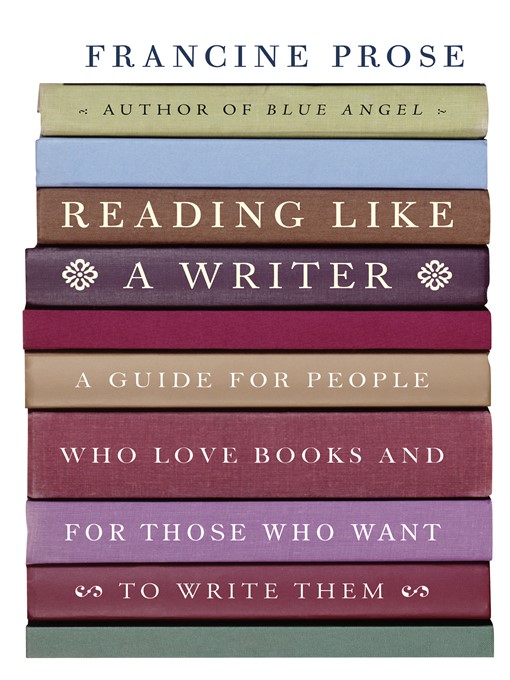A distinguished novelist and critic inspires readers and writers with this inside look at how the professionals read—and write
Long before there were creative writing workshops and degrees, how did aspiring writers learn to write? By reading the work of their predecessors and contemporaries, says Francine Prose.
As she takes us on a guided tour of the tools and the tricks of the masters—Dostoyevsky, Flaubert, Kafka, Austen, Dickens, Woolf, Chekhov—Prose discovers why these writers endure. She takes pleasure in the signature elements of such outsatanding writers as Philip Roth, Isaac Babel, John Le Carré, James Joyce, and Katherine Mansfield. Throughout, she cautions readers to slow down and pay attention to words, the raw material out of which literature is crafted. Written with passion, humor, and wisdom, Reading Like a Writer will inspire readers to return to literature with a fresh eye and an eager heart.




